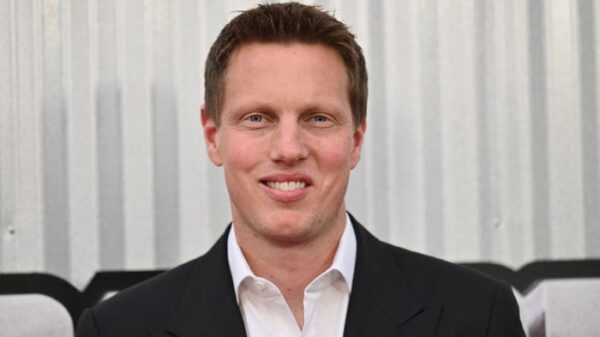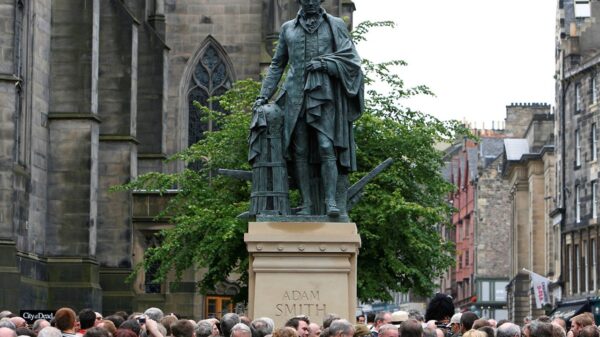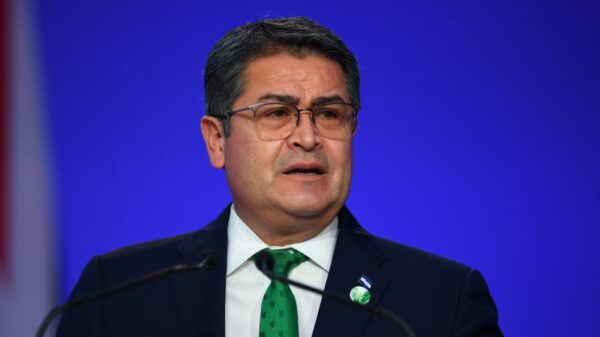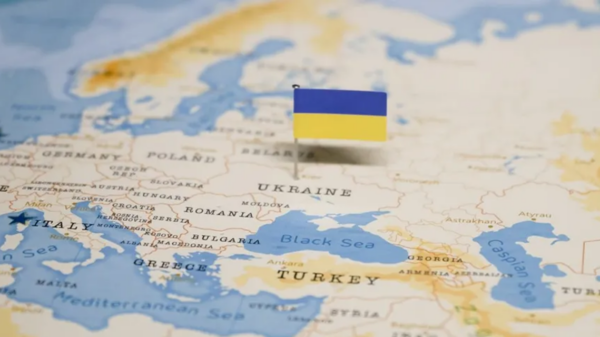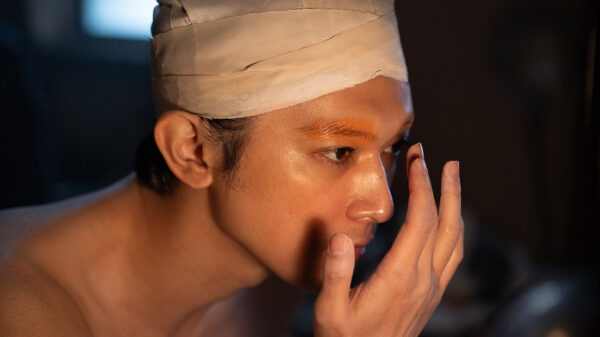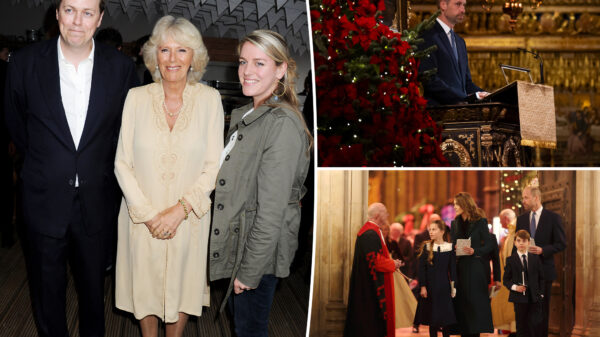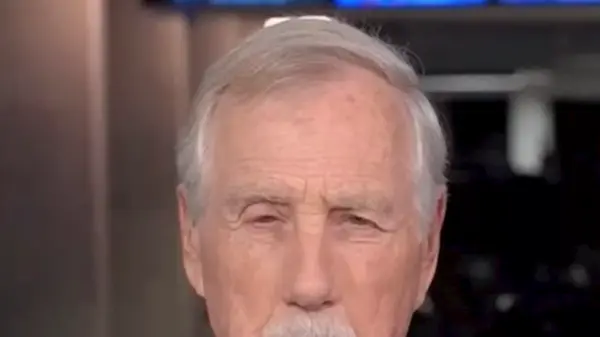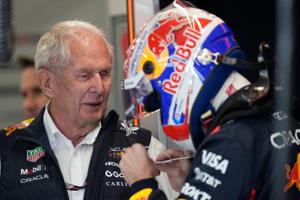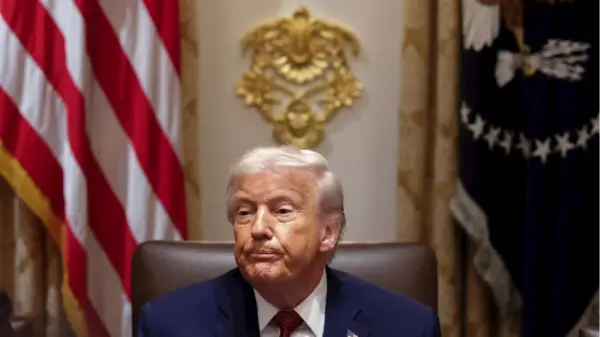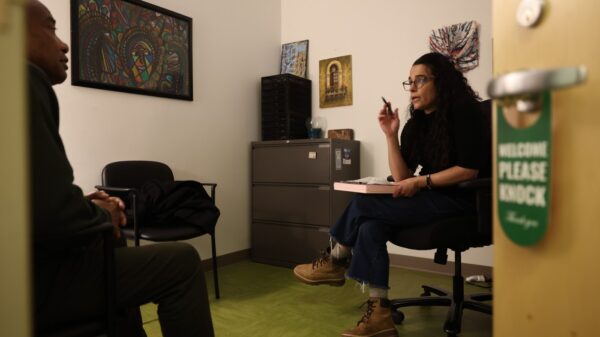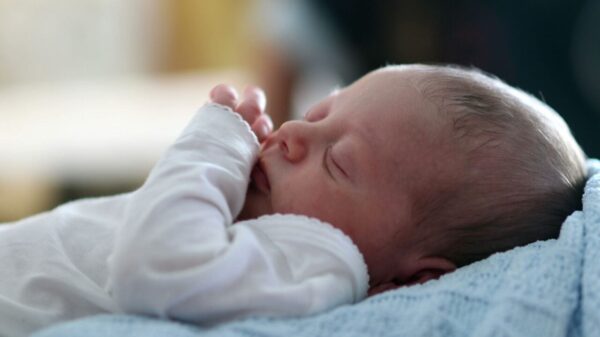The world of opera film is set to evolve significantly with the upcoming premiere of Dutch composer Michel van der Aa‘s latest work, Theory of Flames. Slated for debut on March 6, 2026, at the Dutch National Opera in Amsterdam, this innovative opera film integrates themes of science fiction, disinformation, and complex relationships, reflecting contemporary societal issues through the lens of traditional operatic storytelling.
Van der Aa’s third opera film, co-commissioned by the Dutch National Opera, Norwegian National Opera and Ballet, and the Bregenz Festival, marks a significant contribution to a new era of opera. The genre has historically blended opera and film, but Theory of Flames promises a more profound integration, challenging audiences to confront their perceptions of truth and reality.
Reinventing the Opera Film Genre
The concept of opera in film is not new; however, van der Aa’s approach redefines the boundaries of both mediums. Previous examples of opera films, such as “Champagne Waltz” (1937) and “For the First Time” (1959), often placed opera in a supportive role, providing an emotional backdrop to cinematic narratives. In contrast, van der Aa’s work places opera at the forefront, allowing it to drive the story and illuminate the human experience in a contemporary context.
With its premiere, Theory of Flames joins a growing list of innovative opera films, including “The Opera!” (2024) and the groundbreaking music video “À vos jeux, mes amis” (2023). Each of these works signifies a shift toward a more multimedia approach in the operatic space, blending technology and artistry to explore complex emotional landscapes.
Michel van der Aa’s Vision and Creative Style
Known for his unique blend of digital and non-digital elements, van der Aa’s creative vision encompasses a vast array of styles and techniques. His works often explore themes of identity, consciousness, and the boundaries of human experience. For instance, his previous opera film, “Upload” (2021/2022), tackled the implications of digital immortality, prompting audiences to consider the nature of identity in a rapidly evolving technological landscape.
In Theory of Flames, van der Aa deepens this exploration by examining how differing perceptions of truth can create barriers in interpersonal relationships. He states, “The opera explores how differing perceptions of truth can create profound barriers between people who care deeply for one another.” This thematic richness echoes the complexities found in past operas, such as Salome (1905) and Madama Butterfly (1904), while simultaneously addressing modern-day dilemmas.
Van der Aa’s approach to opera is often described as a Gesamtkunstwerk, where sound, image, and movement coalesce into a singular artistic experience. His earlier work, “Sunken Garden” (2011-2013), exemplifies this vision, intertwining lifelike elements with abstract concepts to create a fresh perspective on narrative and performance.
Contemporary Themes Rooted in History
As Theory of Flames prepares for its premiere, it becomes apparent that van der Aa’s mission extends beyond mere entertainment. His work reflects a historical understanding of human experiences, examining how societal shifts impact personal relationships. The opera engages with concepts such as belief perseverance and confirmation bias, highlighting the risks of isolation that arise from conflicting worldviews.
The integration of various artistic forms within Theory of Flames allows for a multi-layered experience that resonates with contemporary audiences. As the opera unfolds, it delves into the complexities of truth and perception, inviting viewers to reflect on their own beliefs and relationships.
With its innovative approach and thought-provoking themes, Theory of Flames stands poised to not only redefine the opera film genre but also to engage audiences in meaningful discussions about the nature of reality and the human condition. As the premiere date approaches, anticipation builds for a work that promises to challenge perceptions and create a new standard for future opera films.


